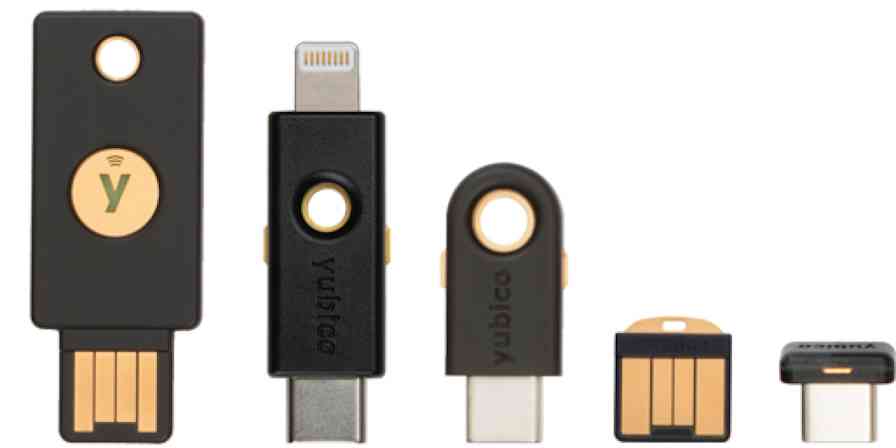Bryan and I recently attended the REDI Entrepreneurial Summit in our home town of Columbia, Missouri. Since we spend a ton of time interfacing with folks from New York and the Valley we sometimes forget that what seems like common knowledge to us might not be so common for people just getting into tech entrepreneurship.
And since there aren't as many tech startups in the Midwest as there are on the coast there tends to be misconceptions about what is important when starting a tech company.
1. On Intellectual Property (IP)
The Misconception
Most entrepreneurship in Columbia is focused on Biotech and Life Science where IP is a huge deal so most first time entrepreneurs are told to be worried about it.
The Reality
In reality IP plays a very small role in most tech startups. Sure it's something to keep in the back of your mind, but in a startup you have a million other things more important than IP.
To quote Aaron Sorkin's Mark Zuckerberg from The Social Network.
If you had invented Facebook. You would've invented Facebook.
I think we can agree that most of us would rather be Zuckerberg than the Winklevoss twins.
2. On Business Plans
The Misconception
You need a business plan before you get started. Usually said business plan must be a behemoth 20 page document outlining plans and ideas for starting and growing a business culminating in millions in sales by year five.
The Reality
In reality plans never work out especially in a startup. The market shifts, your assumptions about distribution are all wrong, beta customers hate v1.0 of your product, and what you thought would be true turns out to be totally wrong.
Instead focus on planning not plans. A good place to start is Alex Ostewalder's Business Model Generation book.
Create a one sheet business model and iterate until you've found something that works.
A lightweight, one-sheet business model feels much easier to change than a bulky 20 page business plan and you'll be much more agile because of it.
3. On Finding Tech Help
The Misconception
Many first time tech founders feel like all they need is a few developers to build the app and then they'll be ready to make millions of dollars.
The Reality
Most developers are busy and have a million ideas of their own. Convincing them to work on your idea is going to be really tough. As a first time founder with little experience it's going to be even harder.
In the above scenario the developer is also taking all the risk. Why should they be required to spend months on a product that may never work?
Instead, it's best for a first time tech entrepreneur to either a) learn how to code well enough to build out a prototype or b) generate enough pre-sales that a developer can be sure that when the product is built money will come through the door.
4. On Funding
The Misconception
First time tech founders love to talk about seed rounds and angel funding as a launching point.
The Reality
There are hundreds if not thousands of good deals for investors to invest in. Why should they invest any amount of money on a first time tech founder with no product and no customers?
Instead spend your time building out a prototype and selling your first customers. An investor is much more likely to give money to someone who has proven they can build something without money in the first place.
Wrapping it up
So if you aren't spending time on these things what should you be spending time on?
Two things: Product and Customers
If you have a product built that customers are willing to pay for all of the four issues above will take care of themselves.
1. Sure someone might try to steal your IP, but you've got a product and customers with the market cornered.
- Business Plans? You've managed to build a business already! - Need more tech help? Hire it. Plus you know a thing or two about building a product yourself now. - Investors love to knock down doors to fund an idea that is already generating revenue.
So get out, sell those first customers, start building a product and the rest will follow.





